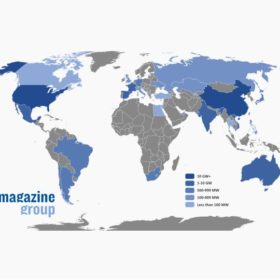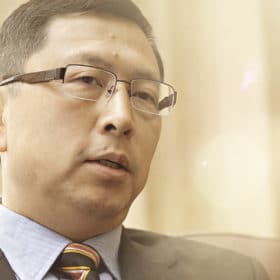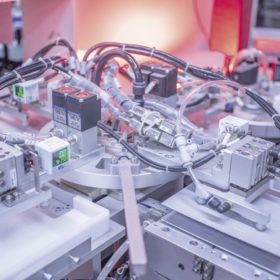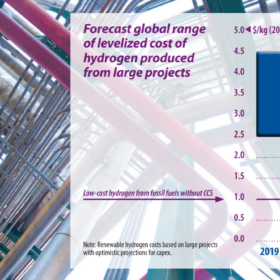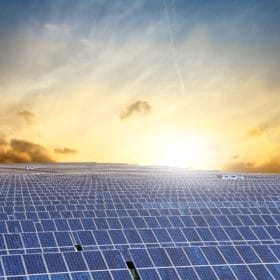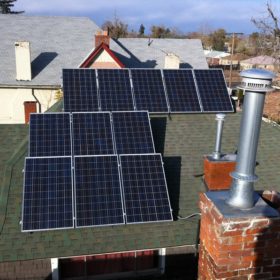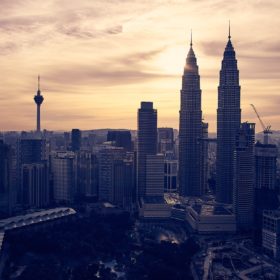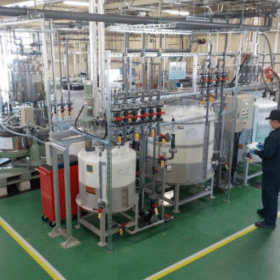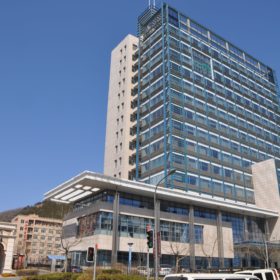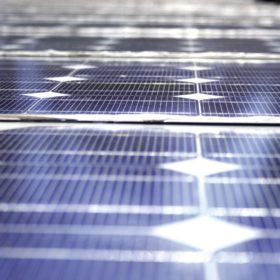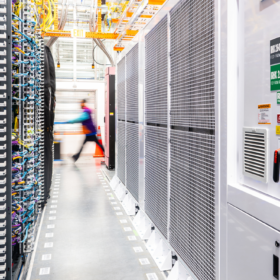Spanish solar renaissance lifts world to record year for large scale projects
A global ranking of large scale solar project capacities indicates prominent roles for a resurgent Spain, behind the usual top three of China, the U.S. and India, with Australia and the Netherlands also on the rise. There were disappointing returns, though, for the U.K., Italy and Canada.
‘Falling solar module costs are behind us’
Canadian Solar is pivoting towards energy storage and is preparing to IPO its manufacturing and Chinese solar project activity in China, under the CSI Solar operation, by July.
Sunday read: History repeats
“Unprecedented” was a term widely used in 2020, as the world grappled with the Covid-19 pandemic. The same word can be similarly applied to the plans and investments in production capacity announced by Chinese PV manufacturers right across the supply chain. But what shape are these expansions taking and what is driving this renewed confidence? Vincent Shaw reports from Shanghai.
Saturday read: More than just a pipe dream
When coupled to gigawatt-scale solar and wind generation, green hydrogen could be the clean fuel to unlock hard-to-electrify sectors of the economy. But first it must be transported cost-effectively to where it’s needed.
Q&A: EEW’s $500 million Gladstone solar to hydrogen project is just the start
Earlier this month, London-based Eco Energy World announced a $500 million project to combine its ready to build 300 MW solar plant north of Gladstone, Queensland, with a 200 MW hydrogen plant and 100 MW of battery energy storage. pv magazine Australia sat down with EEW CEO Svante Kumlin to discuss the project, the green hydrogen future, and Australia’s future in it.
Household solar holds key to climate-neutral Japan
Rooftops will have to supply a third of the 524 GW of solar generation capacity needed by 2045 to reach a zero-carbon economy by mid century, according to an academic paper. The researchers also suggested green hydrogen should not play a central role in the nation’s energy transition.
Malaysia’s 1 GW PV tender attracts lowest bid of $0.0429/kWh
Through the fourth tender of the LSS program for large scale PV, the Malaysian authorities have pre-selected 30 solar projects with a combined capacity of 823 MW. The lowest bid came in at MYR0.1768/kWh ($0.0429) and the highest at MYR0.2481/kWh.
West Australian vanadium explorer signs agreement with Japan to scope state’s potential for flow battery electrolyte production
A West Australian vanadium explorer, Technology Metals, has signed an agreement with a prominent Japanese company to explore the possibility of manufacturing vanadium electrolyte in Australia – a key component of the increasingly popular vanadium redox flow batteries.
An aluminium battery that can charge in a fraction of a second
Scientists in China and the United States investigated the inner workings of aluminium-ion batteries. With new insights into mechanisms at work within the battery during cycling, the group was able to demonstrate a battery capable of ultrafast charging, with the highest capacity so far reported for an aluminium battery.
Sunday read: Levelling the playing field
Tensions are heating up throughout the world over the issue of forced labor. Calls are increasing for supply chain transparency, and recently published EU draft legislation on corporate due diligence and accountability should improve upon the currently available voluntary measures, which have been described as largely ineffective. With this in mind, pv magazine’s UP Initiative will spend the second quarter of 2021 looking at what solar and energy storage companies can do to lead by positive example when it comes to the workers who are involved in the production of their products and services.
